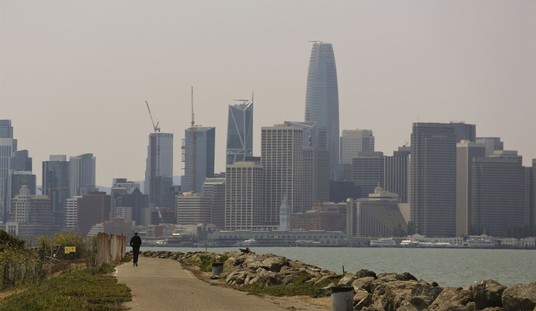Lebanon’s defense minister is accusing fighters with the Islamic State of executing a premeditated attack on Lebanese territory launched from inside Syria in the north. On Sunday, ISIS militants streamed over the Syrian border taking over a number of police outposts, a military barracks, and a small city.
This was not merely an isolated raid. This attack in the north was met with a corresponding assault by an ISIS cell in Tripoli, one of Lebanon’s largest cities. According to a report, masked men on motorcycles attacked soldiers and police in that city in a corresponding assault.
According to The Wall Street Journal, the region-wide insurgency in the Middle East is taking on a more sectarian dimension as the Islamic State, a Sunni militant group, faces resistance from Shiite Islamist fighters like Hezbollah and it’s backer in Iran.
The strikes were also a setback for the Lebanese Shiite Muslim group Hezbollah, which has fought alongside Syrian government forces against Syria’s largely Sunni Muslim rebels. In March, Hezbollah launched a large operation to clear Syrian border towns, justifying the fight as necessary to safeguard Lebanon from extremists, and boasted over its alleged success.
Hezbollah said Sunday it would “stand side-by-side with military institutions” in the fight against militants. But Mr. Moqbel responded in a statement that the army was working alone. Such an alliance could further inflame sectarian tensions that the Syrian war has sparked in Lebanon over the past three years.
And Hezbollah’s involvement in the fight against ISIS is not limited to the Levant. Reports indicate that the Iran-backed terrorist organization is stepping up operations inside Iraq aimed at stemming the Islamic State’s advance.
“Hezbollah is caught on two fronts, working with the Syrian [regime] but also really accelerating their clear-hold operations in Qalamoun. And we’re getting confirmation that Hezbollah is much more active in Iraq, in a training role [to help troops combat ISIS],” Aram Nerguizian, a senior fellow with the Center for Strategic and International Studies told Syria Deeply reporters recently.
Overnight, ISIS reportedly took control of Iraq’s largest dam as well as a series of oilfields in Iraq from Kurdish forces. Reports indicate that the fundamentalist militant group may hold the dam hostage and threaten the country with its destruction, which could result in the deaths of up to half a million.
Capture of the electricity-generating Mosul Dam, after an offensive of barely 24 hours, could give the Sunni militants the ability to flood major Iraqi cities or withhold water from farms, raising the stakes in their bid to topple Prime Minister Nuri al-Maliki’s Shia-led government.
“The terrorist gangs of the Islamic State have taken control of Mosul Dam after the withdrawal of Kurdish forces without a fight,” said Iraqi state television.
The swift withdrawal of Kurdish “peshmerga” troops was an apparent severe blow to one of the only forces in Iraq that until now had stood firm against the Sunni Islamist fighters who aim to redraw the borders of the Middle East.
During a press conference on Friday, President Barack Obama said the threat that groups like ISIS posse to the United States is merely a “tangential” one. Perhaps it is now, but that threat does seem to be growing every day.








Join the conversation as a VIP Member